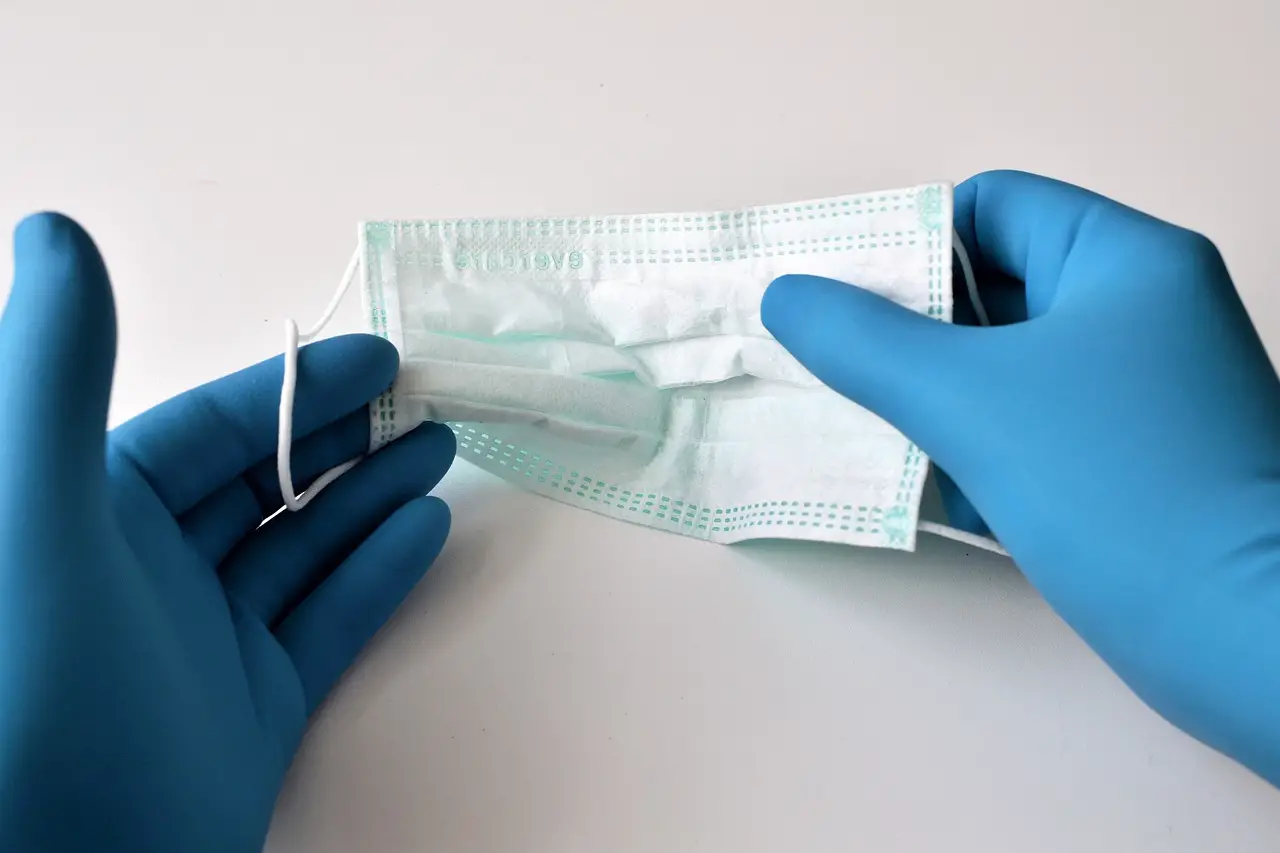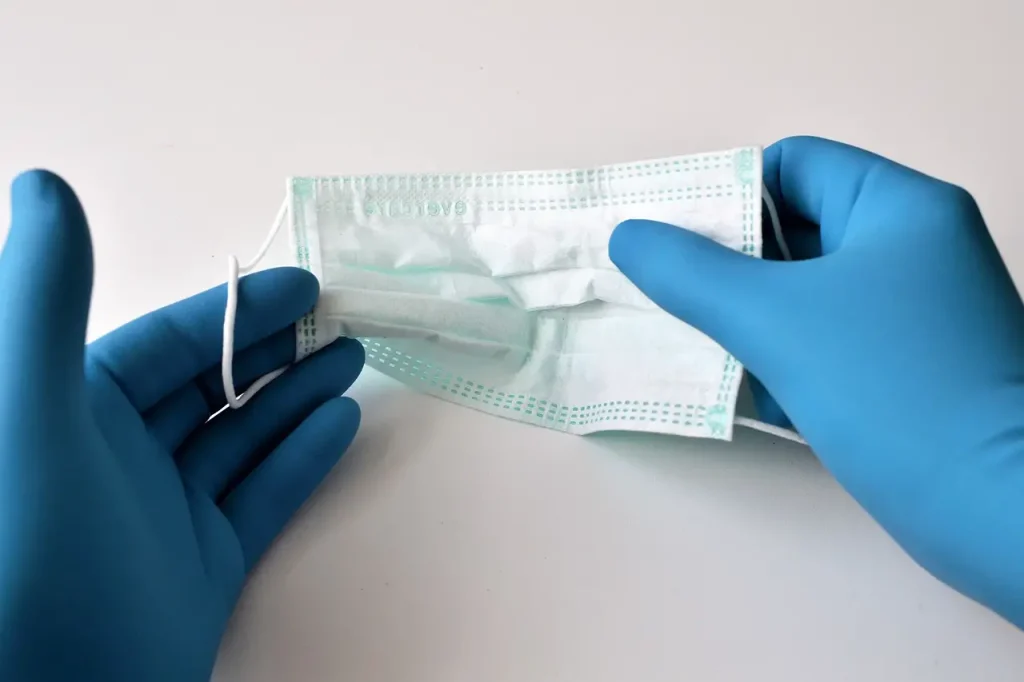
July 4, 2020 – Krunoslav Capak was a guest on HRT, admitting that the increase in the number of coronavirus infections in Croatia surprised him.
“I wouldn’t say we should be worried, but it forces us to be careful. We expected the number to increase after the opening. We had zero or one case for a long time. In the meantime, we have opened the economy, opened schools and colleges. We expected it to grow, but not to grow with this ferocity. We had the misfortune to have these three hotspots. For the hotspot in Đakovo, the nuns were in Kosovo, it’s a system where a lot of people are indoors,” says Capak for Index.hr.
He says the virus is not spreading uncontrollably.
“I wouldn’t say it is spreading uncontrollably. We don’t know at first how someone got infected. Later they remember some detail, where they could have been infected. Then the network closes, we find out. I’d say we have a low number of cases where we don’t know how they got infected,” Capak said.
He referred to testing, that is, the number of tests being done.
“We think we set the testing targets well. We had ten percent positives in the first part of the epidemic. We have more capacity, we can test more, but we have no indication of that. When we think it makes sense to test, then we test,” he said.
He also commented on the fact that the last time the number of newly infected was so high, we were in quarantine.
“Quarantine is very good for preventing spread, but it is unbearable. We can’t do that for long. Quarantine is great for preventing infection, but it creates big problems for us in the functioning of society and the state. That’s why it must be lifted. We knew when we lifted the measures, there would be an increase in the number of cases. We were a little surprised by that ferocity, but we feel we are keeping things under control,” he said.
“We have now introduced masks in public transport. The possibility of introducing them to some other facilities is being considered. The possibility of closing clubs indoors is being considered. For now, their work is being controlled. Commissions visiting clubs say there are no more violations. But there is a possibility on the table for clubs to close,” he said.
“We have to decide where our dominant source of infection is. We closed the borders because we wanted to give a little more warning to citizens crossing the border. We thus gave one direct warning, that number has decreased. Now the borders are open, but people who do not have a strong reason to enter Croatia are being rejected,” Capak said.
He was also asked about the situation in Serbia, where elections were also held recently.
“If you remember, four weeks ago, Macedonia had over a hundred cases a day. Then it spilled over to Serbia. That was before the election. Whether the election contributed to that is hard to say,” Capak said.
To read more about news in Croatia, follow TCN’s dedicated page.









